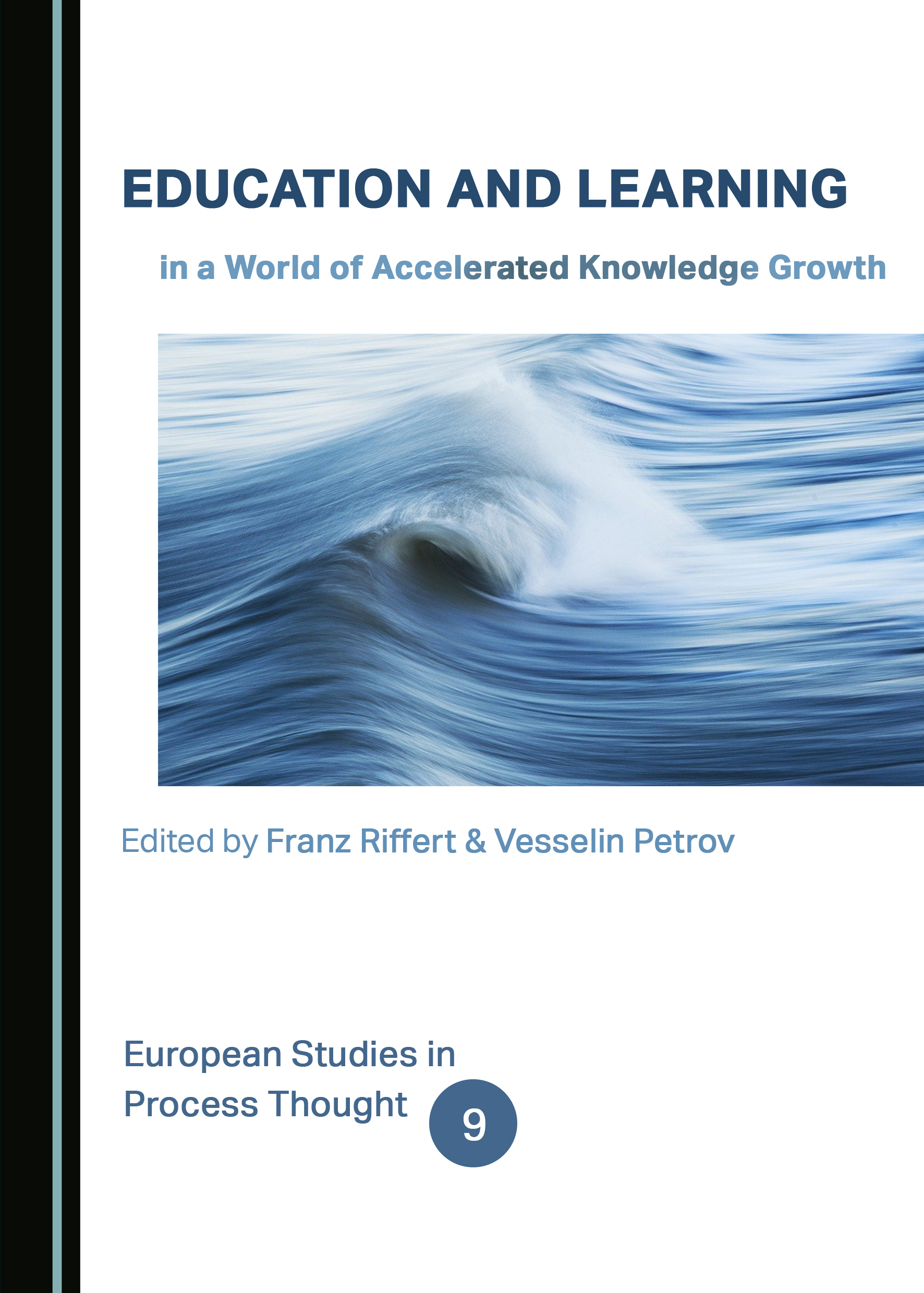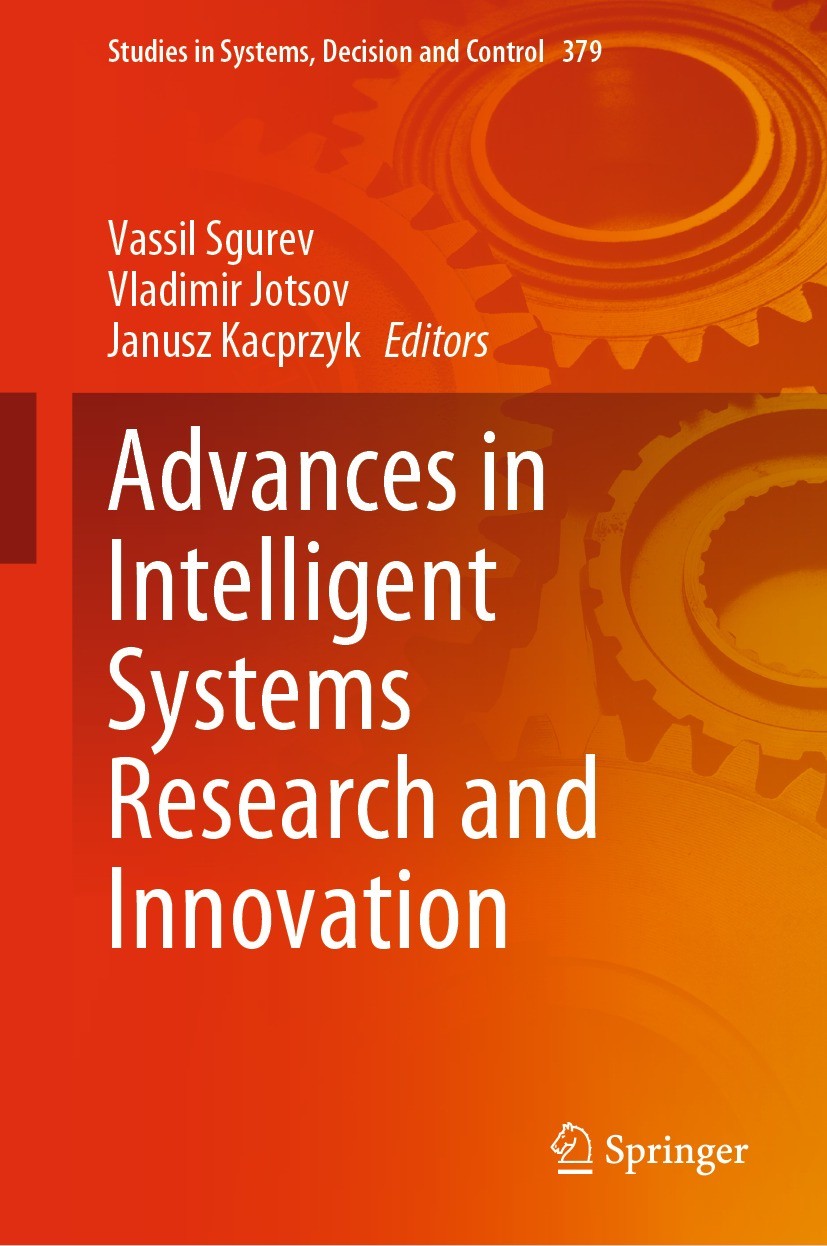KI und Bildungsaspekte sind vielfältig.
Die immer größer werdende Menge der Daten, fließend in verschiedenen Datenbanken sind ein Einflussfaktor, Objekt und Instrument in der geisteswissenschatlichen Forschung geworden.
Daraus ergeben sich neue Möglichkeiten über Themen, Einstellungen, Prozesse, Paradigmen, Mythen, Fakten zu forschen. Die Messbarkeit und Steuerbarkeit dieser Entitäten ermöglicht Überprüfung der Wahrhaftigkeit dieser, Enthüllung und zugleich mehr Vorhersehbarkeit und Vorhersagbarkeit in ihrer Verkettungen.
Digital Humanities kann auf dieser Basis viele die Forschung in vielen Fachrichtungen der Geisteswissenschaften, u. a. der Anthropologie neu ausrichten und positionieren lassen.
Die Ergebnisse der Neurowissenschaften stellen in neues Licht die philosophische Forschung über Bewußtsein, Selbst, Vernunft, Handlung.
In der Psychologie werden neue Aufdeckungen über Emotionen und Einstellungen gemacht. Diese können im Bereich der Bildung umgesetzt werden, bzw. im Bereich der eLearning.
Diese Entdeckungen tragen bei zu der weiteren Erforschung der Schnittstelle Mensch-Maschinen, die zur emotionalen Robotern als Assistenten des Menschen führen kann.
Einige neue Bücher thematisieren die Forschung an der Schnittstelle zwischen Philosophie, Neurwissenschaften und Technologie, die als Basis neuer Anwendungen auf dem Gebiet der Edutech / Lerntechnologien dienen.
In den Beiträgen von Rossitza Kaltenborn wird unter philosophischer Perspektive das Phänomen des Lernens beschrieben und traditionelle Lernmodelle werden auf ihre Komformität mit modernen intelligenten Technologien überprüft. In diesen Ausgaben sind sie zu lesen.
 |  |  |  |  |
- "Traditional Learning Theories, Process Philosophy and AI" (2019)
- Artificial intelligence research connected with learning theory ("deep learning," “machine learning,” analysis of the quality of learning, etc.) has existed for many years; however, there have been few investigations in that area conducted from a robust philosophical methodological basis.
This book provides such a basis with the help of Whitehead's cyclic learning theory and its process ontology, making it possible to integrate the dominant learning theories of our time. It is the outcome of a project sponsored by the Bulgarian National Science Fund. (https://www.i6doc.com/fr/book/?gcoi=28001100747010&printBook=1)
- Artificial intelligence research connected with learning theory ("deep learning," “machine learning,” analysis of the quality of learning, etc.) has existed for many years; however, there have been few investigations in that area conducted from a robust philosophical methodological basis.
Education and Learning in a World of Accelarated Knowledge Growth (2022)
Bookdesription: https://www.cambridgescholars.com/product/978-1-5275-8381-8
- Today, digitalization and the results of research in the fields of artificial intelligence and biology are rapidly interfusing our knowledge societies, meaning that each individual will have to cope with this new and challenging situation. Nearly a century ago, Alfred North Whitehead predicted this accelerating process: “Modern science has imposed on humanity the necessity for wandering. Its progressive thought and its progressive technology make the transition through time, from generation to generation, a true migration into uncharted seas of adventure.” (Whitehead, 1925, p. 207)
Traditional education only creates inert knowledge, although “our training must prepare individuals to face a novelty of conditions.” (Whitehead, 1933/1967, p. 93) In order to meet this enormous challenge, Whitehead developed the basic features of such a new learning cycle approach.
This enormous educational challenge forms the background of this book, which investigates the possible role of Whitehead’s process-organismic philosophy in this entirely new setting. The volume is accordingly divided into four sections: (1) Foundational and Boundary Issues; (2) Learning and Teaching Cycles; (3) Learning and Artificial Intelligence; and (4) Aesthetics and Music.
- Today, digitalization and the results of research in the fields of artificial intelligence and biology are rapidly interfusing our knowledge societies, meaning that each individual will have to cope with this new and challenging situation. Nearly a century ago, Alfred North Whitehead predicted this accelerating process: “Modern science has imposed on humanity the necessity for wandering. Its progressive thought and its progressive technology make the transition through time, from generation to generation, a true migration into uncharted seas of adventure.” (Whitehead, 1925, p. 207)
- "Advances in Intelligent Systems Research and Innovation", description:
The proposed system for coping negative emotions arising during the learning process is considered as an embedded part of the complex intelligent learning system realized in a digital environment. By applying data-driven procedures on the current and retrospective data the main didactic-based stimuli provoking emotion generation are identified. They are examined as dominant negative emotions in the context of learning. Due to the presence of strong internal and output interconnections between teaching and emotional states, an intelligent decoupling multidimensional control scheme is accepted to overcome the lack of sample effective independent control actions that separately affect the states of learning and emotions. To avoid existing drawbacks in emotion-focused partial control, an approach with integrating emotions with a low-dimensional representation is accepted. Two-stage procedure is proposed to compensate the negative impact of emotions on the learning process.
Abstract von Rossitza Kaltenborn:
- The proposed system for coping negative emotions arising during the learning process is considered as an embedded part of the complex intelligent learning system realized in a digital environment. By applying data-driven procedures on the current and retrospective data the main didactic-based stimuli provoking emotion generation are identified. They are examined as dominant negative emotions in the context of learning. Due to the presence of strong internal and output interconnections between teaching and emotional states, an intelligent decoupling multidimensional control scheme is accepted to overcome the lack of sample effective independent control actions that separately affect the states of learning and emotions. To avoid existing drawbacks in emotion-focused partial control, an approach with integrating emotions with a low-dimensional representation is accepted. Two-stage procedure is proposed to compensate the negative impact of emotions on the learning process.
Keywords
- Data
- Emotion
- Intelligent control
- Learning
- Stimulus
Volume 13, Issue 2, 2021
Rossitza KaltenbornPages 161-174https://doi.org/10.5840/bjp202113219
Integration of Learning and Neuroscience Theories with AI-based Technologies in Intelligent Learning System in Accordance of Whiteheadian Tradition and Contemporary Process Theory
The purpose of the article is to present the possibility of integrating basic learning theories into the Extended Intelligent Learning System for data processing, optimization, adaptation and decision making in learning, which is based on the combination of teacher and intelligent tutor with artificial intelligence implemented, which supports the target formation, learning strategy, pedagogy and control. As a framework for the creation of the integrative model of theories, process philosophy is used, which enables a better understanding and explanation of the different paradigms and their functional combination. The article explores the strengths and weaknesses of selected theories and focuses primarily on constructivism, as numerous studies on learning theories have found that a constructive approach to learning is at the heart of many models in both traditional and digital learning in the Era of Big Data. The article explores certain influential learning theories, including the AI methods, their advantages, flaws and fields of intersection with neurosciences in terms of their application in intelligent training systems. The goal of developing the integrative model is to realize the learner's potential in personalized knowledge formation in an intelligent learning environment and to enhance the efficiency of learning.
|

